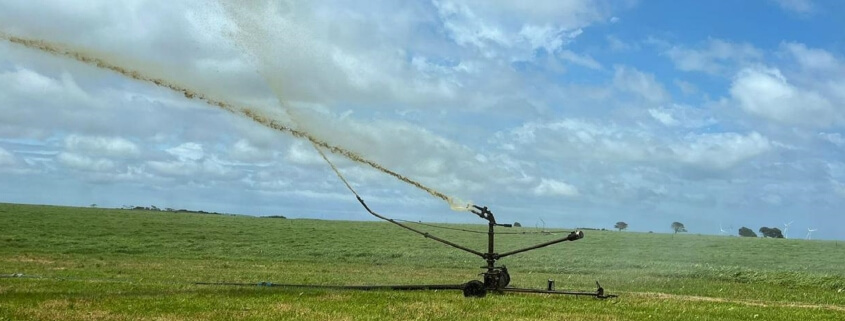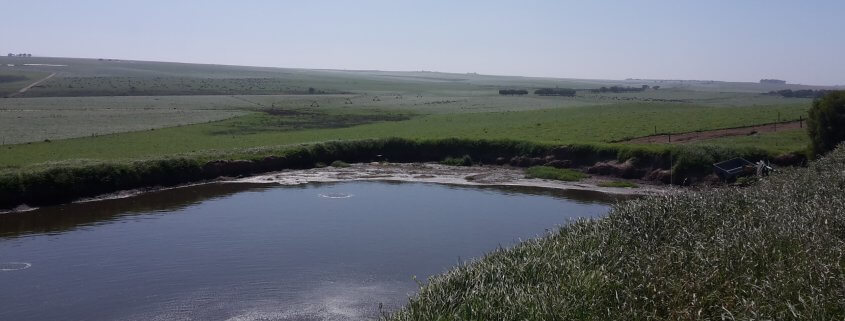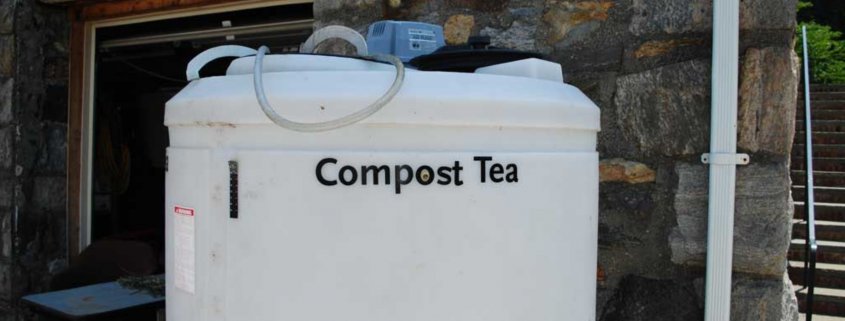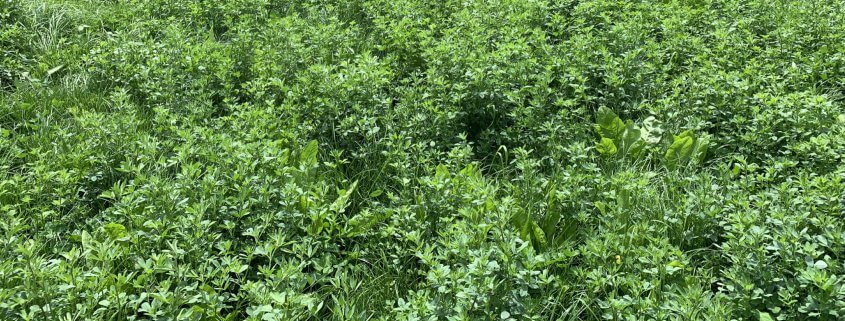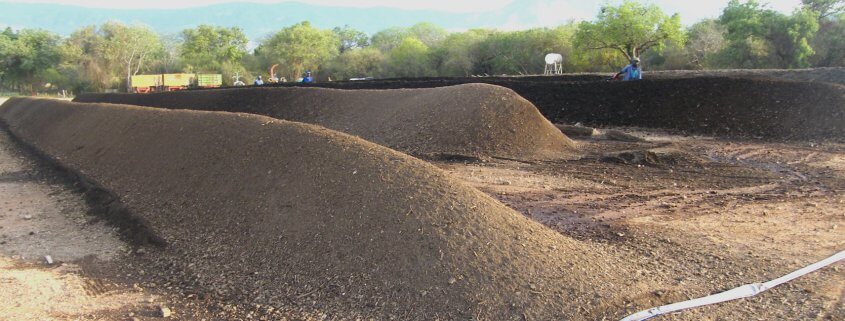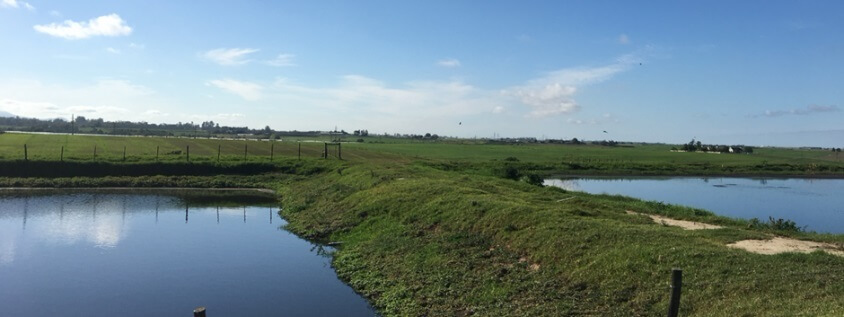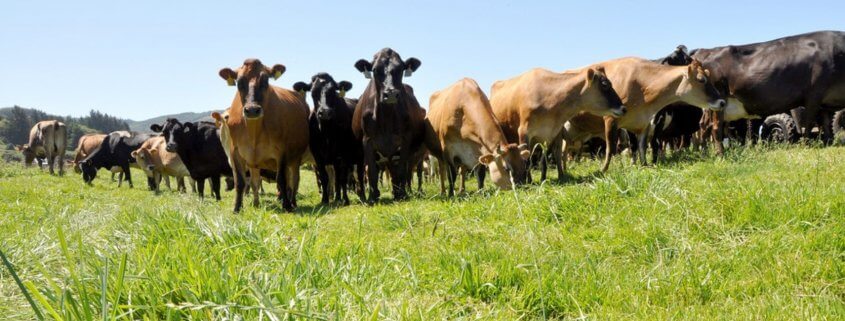The Rhizosphere: A key player in nutrient accessibility and plant stress resilience
The rhizosphere represents a fascinating and complex system, which plays a crucial role in the functioning of the soil ecosystem and the health of plants. This zone is characterized by an intricate web of biological, chemical, and physical interactions between the plant, the soil microorganisms, and the soil itself. One of the key functions of the rhizosphere is to facilitate nutrient uptake by plants, by enhancing the availability and accessibility of nutrients in the soil. Another important role of the rhizosphere is to mitigate plant stress, by providing a range of protective and supportive functions. Understanding the mechanisms underlying nutrient cycling and stress response in the rhizosphere can help us to develop more sustainable and efficient agricultural practices, which can improve soil fertility and plant productivity, while minimizing environmental impact.


